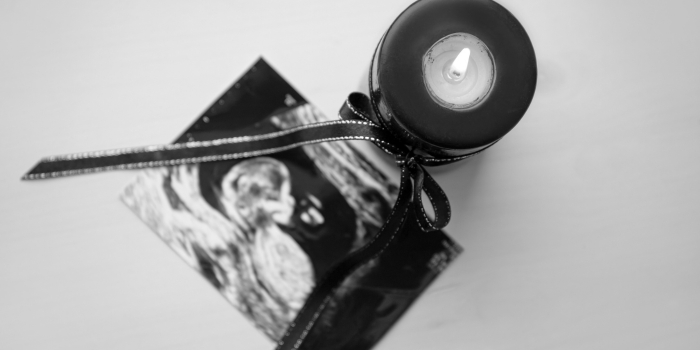Posted on October 3, 2017
Grief & Loss

Share
The loss of a baby is almost always unforeseen. Despite medical advances, nearly 1 in 4 pregnancies end in loss through miscarriage, ectopic pregnancy or still birth. Most of us feel helpless and unsure of what to say to couples who have lost a child this way. We can, however, learn more about the impact of pregnancy loss and hopefully be enabled to offer sensitive and caring support at this difficult time.
Remember that the parents have experienced acute loss, and they and their families are grieving. Parents have prayed for, planned for and prepared for a child. Mothers and fathers bond with their unborn baby during pregnancy and grieve for the child they felt they already knew, as well as for the dreams of the future. The bereaved father’s feelings are often downplayed or dismissed. Not only is he mourning the loss of his child, but he is supporting his grieving wife and still carrying on as the head of the family. Older children in the home may be confused or angry and saddened by the loss. Grandparents bear the loss of a grandchild, mourning for themselves and grieving with their children.
Parents who have lost children tell us what has been helpful to them, and what has not. Comments such as, “You’re young, you can try again,” or “It was God’s will,” although well-meant can instead make the parents feel more alone and misunderstood, the loss and their feelings dismissed. The baby that has died, whether through miscarriage or still birth, cannot be replaced by another child, and considering another pregnancy during the grieving process may seem unbearable to the couple.
Fear of saying the wrong thing may lead friends to avoid the subject altogether. Please continue to show up despite the discomfort. Not speaking about the loss does not lessen its reality. Grieving parents need your loving support. Talking things over with people who care about them can provide a good start to healing.
God, in His time will provide healing. “He heals the brokenhearted and binds up their wounds.” Psalm 147:3. He has also put you in this couples’ life, so stay in touch and continue to offer your caring support.
Are you, or someone you know, struggling from the loss of a baby? Reach out today at: https://lutheranfamilyservice.org/contact/
More posts about Grief & Loss